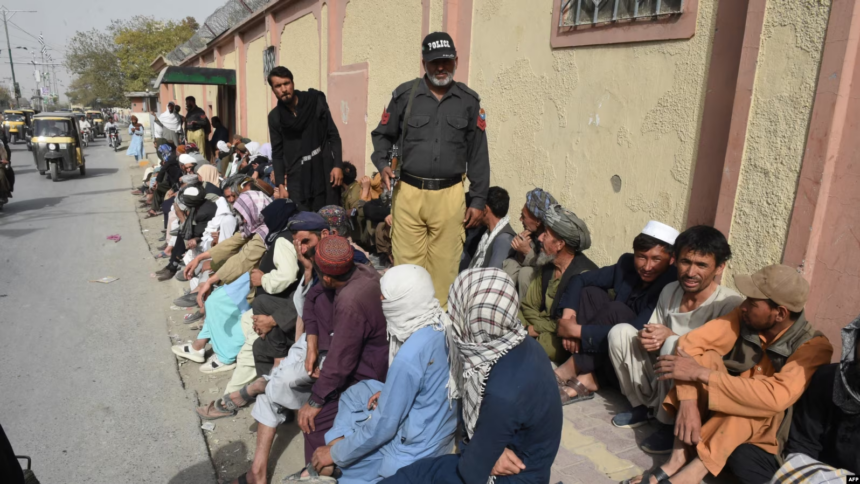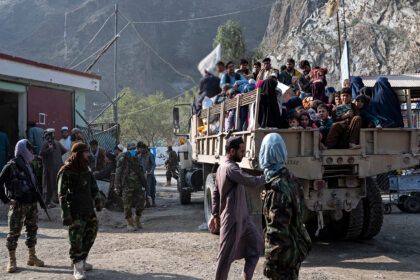RASC News Agency: The National Assembly of Pakistan is scheduled to convene on Monday, April 7, to deliberate on the issue of the forced repatriation of Afghanistani migrants. During the session, government officials will outline the final plan for expelling Afghanistani nationals, presenting the details of its implementation. This discussion comes amid the ongoing second phase of deporting holders of Afghanistani Citizenship Cards (ACC) residing in Pakistan. The deportation process commenced after the expiration of a deadline set by the Pakistani government for Afghanistani migrants with ACC cards, urging them to voluntarily leave the country. However, forced expulsions of certain individuals have already begun. The decision to forcibly return Afghanistani migrants has drawn widespread international criticism and raised concerns among human rights organizations in recent months.
Human rights groups, including Amnesty International and the United Nations, have called on the Pakistani government to suspend the forced deportation process and grant additional time for those wishing to return voluntarily. These organizations have emphasized the need to uphold human rights principles and prevent forced expulsions in times of crisis. Despite international appeals, the Pakistani government has remained resolute in its decision to proceed with the deportations. This policy has provoked severe backlash, not only internationally but also within Pakistan. Some local officials, particularly the Chief Minister of Khyber Pakhtunkhwa, have strongly criticized the federal government’s approach to Afghanistani migrants, deeming it “wrong.” The Chief Minister has made it clear that there will be no forced expulsions in his province and has stressed that the matter must be addressed democratically, with full respect for human rights.
As the deportation process continues, it has evolved into a significant challenge for the Pakistani government, with substantial political and economic implications. The situation is especially concerning given the potential hardships Afghanistani migrants may face upon their return to Afghanistani. Moreover, this crisis could strain Pakistan’s relations with regional countries and international organizations. Consequently, the issue is likely to remain at the forefront of both domestic and international discussions, potentially requiring further diplomatic negotiations and interventions.






